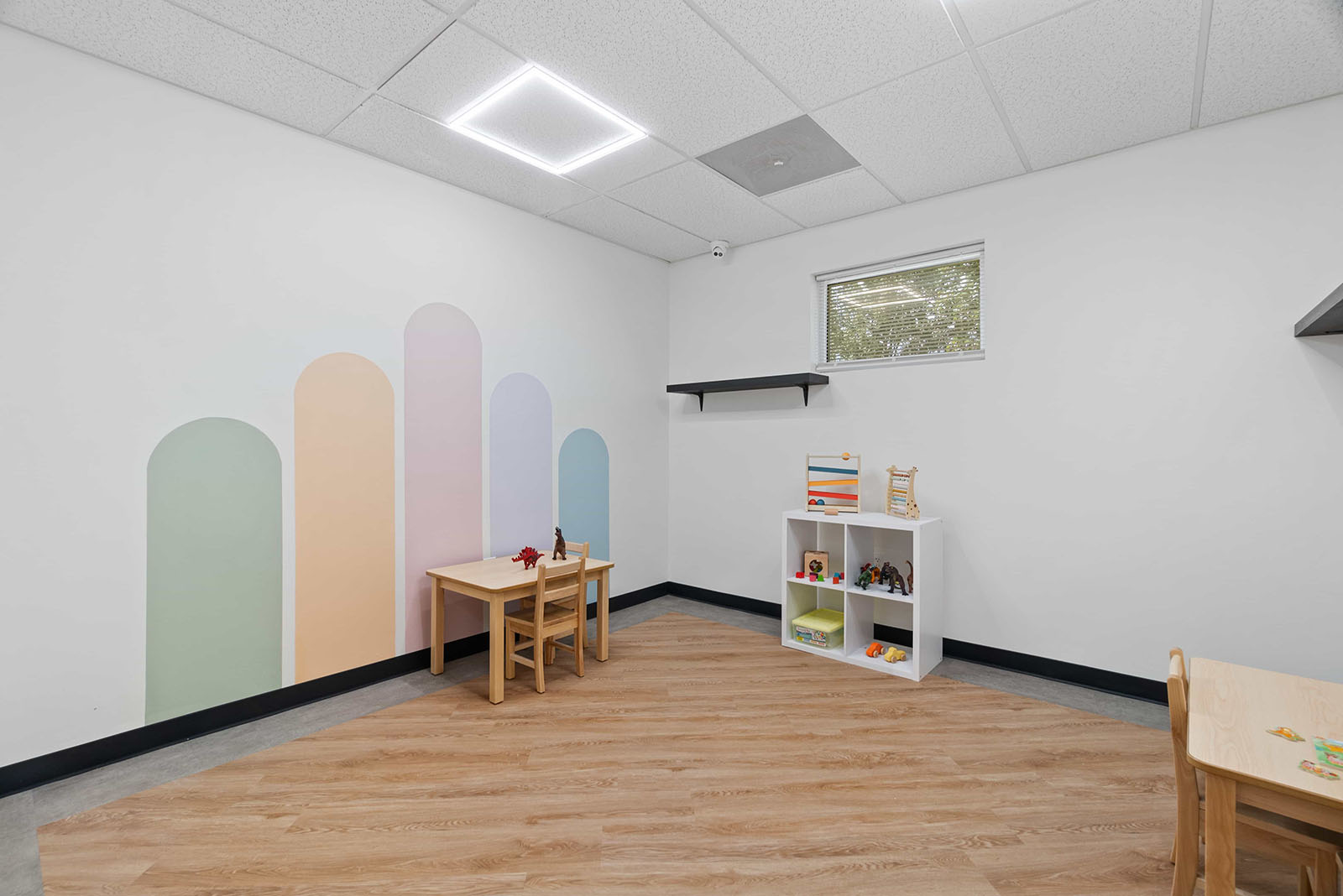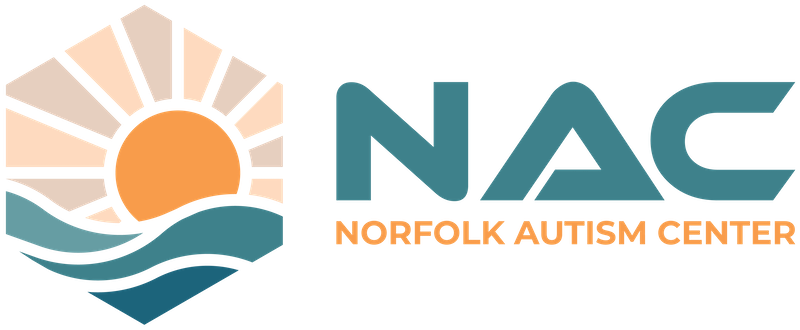When autism enters your family’s life—whether through a recent diagnosis, suspicions about your child’s development, or a desire to understand a loved one better—it often brings a whirlwind of emotions. You may feel overwhelmed by uncertainty about what autism really means for your child and your family. You might wonder about available support in our Southeast Virginia community or feel anxious about the future. Please know that these feelings are completely normal and shared by many families throughout Hampton Roads, Norfolk, Virginia Beach, and surrounding communities.
Autism spectrum disorder is a complex neurological difference that fundamentally affects how a person perceives and interacts with the world around them. It’s not an illness or disease, but rather a different way of experiencing life. Understanding the fundamentals of autism can transform your journey from one of confusion to one of empowerment, allowing you to provide the support your loved one needs to thrive. From understanding what autism is to accessing local resources, we aim to provide you with a foundation of knowledge that will help you take confident next steps forward.
Understanding Autism Spectrum Disorder
Autism spectrum disorder (ASD) is a neurological and developmental condition that typically appears in early childhood and continues throughout a person’s life. The term “spectrum” reflects the wide variation in challenges and strengths possessed by each person with autism.
At its core, autism affects how your child processes information from their surroundings. This can manifest in several key areas:
Social interaction: Your child may experience challenges in developing, maintaining, and understanding relationships. They might prefer solitary activities or interact differently than their peers. Some children with autism may seem aloof or uninterested in others, while others desperately want to connect but struggle with understanding the unwritten rules of social engagement.
Communication: Communication differences can range from delayed speech development to highly advanced vocabulary but difficulty with back-and-forth conversation. Your child might find it challenging to interpret non-verbal cues such as facial expressions, body language, or tone of voice. Some children may communicate more effectively through pictures, written words, or alternative methods.
Sensory processing: Many people with autism experience the sensory world differently. Your child might be overwhelmed by sounds, lights, textures, tastes, or smells that others barely notice, or they might seek out certain sensory experiences. This can significantly impact comfort in various environments, from busy shopping centers to school classrooms.
Repetitive behaviors and routines: Your child may engage in repetitive movements or activities, show intense interests in specific topics, or strongly prefer consistent routines. These aren’t simply habits but often serve important purposes—providing comfort, helping with sensory regulation, or making the world more predictable.
It’s crucial to understand that autism isn’t caused by parenting approaches or social circumstances. Current research suggests that autism results from a combination of genetic and environmental factors that influence early brain development.
While autism presents challenges, it also comes with unique perspectives and often remarkable abilities. Many people with autism demonstrate exceptional attention to detail, strong visual thinking, honest communication, and dedication to their interests. The goal isn’t to “fix” autism but to understand, support, and celebrate your child’s unique way of experiencing the world.
Recognizing Autism: Signs and Evaluation
Autism can manifest differently across children and at various developmental stages. Some children show signs from infancy, while others develop typically until toddlerhood before differences become apparent. Being aware of potential indicators can help you seek appropriate evaluation if needed.
Early Signs That May Warrant Attention:
In infants and toddlers:
- Limited or absent eye contact
- Not responding to their name by 12 months
- Delayed language development or regression in language skills
- Limited or absent pointing to share interests
- Unusual body movements such as hand-flapping, rocking, or spinning
- Strong preference for specific routines or extreme distress with minor changes
- Unusual reactions to sensory experiences
In school-age children:
- Difficulty developing friendships with peers
- Challenges with back-and-forth conversation
- Literal interpretation of language and difficulty with idioms or humor
- Intense focus on specific interests
- Inflexibility with routines or transitions
- Sensory sensitivities that affect daily activities
Remember that noticing these signs doesn’t automatically mean your child has autism. Many developmental differences can share similar characteristics, and some typically developing children may temporarily show these behaviors.

One of Norfolk Autism Center’s areas for child development
Evaluation Process in Southeast Virginia
If you’re concerned about your child’s development, start with your pediatrician, who can conduct initial screenings and refer you to specialists if needed. In Southeast Virginia, evaluation pathways include:
- Early Intervention (for children under 3): Contact Infant & Toddler Connection of Virginia, with offices in Norfolk, Virginia Beach, Suffolk, and throughout the region. They provide developmental assessments and can connect you with appropriate specialists.
- School System Evaluations: Southeast Virginia public school districts offer free evaluations for children over 3 through Child Find programs, leading to educational support services if needed.
- Medical Evaluations: Specialized evaluations are available through Children’s Hospital of The King’s Daughters (CHKD) in Norfolk, Eastern Virginia Medical School (EVMS), and private practices throughout the region.
The evaluation process typically involves multiple professionals, including developmental pediatricians, psychologists, speech-language pathologists, and occupational therapists. Current wait times for comprehensive evaluations in Southeast Virginia range from 3-12 months, depending on the provider.
While waiting for evaluation, you can access support through parent education workshops offered by local organizations, speech and occupational therapy evaluations (which often have shorter wait times), and parent support groups throughout Hampton Roads.
Support Systems in Southeast Virginia
Southeast Virginia offers a robust network of support services for families navigating autism. Understanding these resources can help you build an effective support system for your child and family.
Educational Services
Early Intervention: For children under 3, the Infant & Toddler Connection provides home-based developmental services throughout Southeast Virginia. Services are provided on a sliding fee scale, and no family is denied based on inability to pay.
Public School Services: All Southeast Virginia school districts provide special education services under the Individuals with Disabilities Education Act (IDEA). These may include:
- Individualized Education Programs (IEPs) with specialized instruction
- Speech, occupational, and physical therapy
- Behavioral support
- Social skills groups
- Classroom accommodations
Virginia Beach City Public Schools, Norfolk Public Schools, Chesapeake Public Schools, and other local districts each have autism specialists who can provide targeted supports. Parents should know that Virginia’s special education regulations sometimes exceed federal requirements, potentially offering additional protections and services.
Medical and Therapeutic Services
Southeast Virginia’s medical community offers specialized autism services through:
- CHKD’s developmental pediatrics department
- EVMS’s autism specialists
- Private therapy providers throughout the region
Virginia law requires insurance coverage for autism treatments, including Applied Behavior Analysis (ABA), though coverage details vary by plan. Virginia Medicaid also covers many autism-related services.
Daily Life Strategies for Families
Supporting your child with autism in everyday situations requires personalized approaches that build on their strengths while addressing challenges. Here are practical strategies that many Southeast Virginia families have found helpful:
Establishing Supportive Routines
Predictable routines provide security for many children with autism. Create visual schedules using pictures or words (depending on your child’s reading ability) to outline daily activities. This is particularly helpful for navigating transitions between activities, which can be challenging.
In Southeast Virginia’s military communities, where deployments and relocations are common, maintaining consistent routines becomes even more crucial during times of change. Creating a “transition book” with photos of new homes, schools, or caregivers can help prepare your child for upcoming changes.
Effective Communication Approaches
Build communication strategies around your child’s strengths. If visual processing is a strength, incorporate pictures, written words, or visual supports. If your child is verbal but struggles with processing language quickly, use concise language and provide extra time for responses.
Remember that communication isn’t just about words—observe how your child communicates through behavior and develop systems that acknowledge these communications while teaching more effective methods over time.
Managing Sensory Experiences
Southeast Virginia’s unique environment—from bustling naval bases to crowded oceanfronts—can present sensory challenges. Consider carrying noise-canceling headphones for outings to noisy locations. Create a “sensory toolkit” with items that provide comfort, such as sunglasses for bright lights or fidget toys for waiting times.
For beach outings—a common activity in our coastal community—consider going during less crowded times, bringing familiar foods, and creating a sheltered space with a beach tent.
Adapting Local Activities
Many Southeast Virginia traditions can be adapted to be more autism-friendly. The key is personalizing strategies to your child’s specific needs. What works for one child with autism may not work for another, and what works in one situation may need adjustment for different circumstances.
Building Foundations
Understanding autism is an ongoing journey, but having these fundamental concepts provides a foundation for effective support and advocacy. As you continue learning about your child’s unique experience of autism, remember that knowledge empowers you to make informed decisions and create a supportive environment where your child can thrive.
Families navigating autism in Southeast Virginia are never alone. Our region offers a wealth of resources, from specialized healthcare providers to supportive community organizations. Each step you take to understand autism and connect with appropriate supports strengthens not only your child but also our entire community.
Norfolk Autism Center is here to support your family’s journey. Our team understands the specific context of raising a child with autism in Southeast Virginia, from navigating local school systems to accessing regional resources. For more information or to schedule a consultation, please contact us at (757) 777-3229 or visit our center at 152 Burnetts Way, Suffolk, VA 23434. We look forward to connecting with you and supporting your family’s unique path forward.




